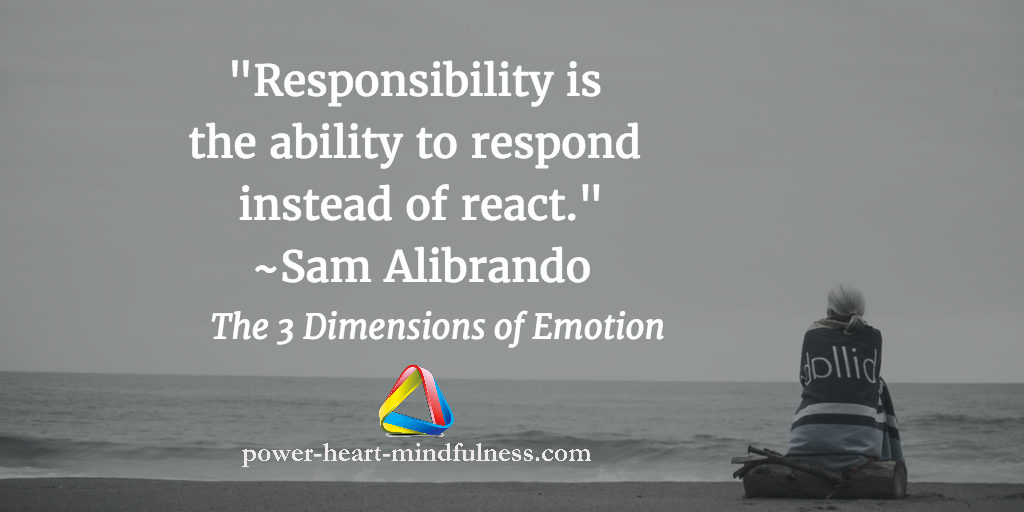Last week I had a business meeting in Houston. On my ride to the Los Angeles airport my driver enthusiastically described Donald Trump as a great businessman who will get America back on track. He then expressed his outrage at all the “sore losers” protesting in the streets. A few hours later, on my ride from the Houston airport to my hotel, the driver explained with dismay that his young daughter had awakened in tears, afraid that she and her family could be deported. He was outraged that America could elect what he saw as “an insecure bigot.”
Never in my memory has the country been so divided in reaction to an election—a state of affairs clearly represented by my two drivers. It is amazing that any two of us can look at the same event with very different eyes. Some see Trump as a national treasure who will save America. Others see the same man as a dangerous narcissist and bigot. How can we see the same reality in such different ways?
Well we do, even in normal times. But America’s recent politically charged events could pose a particular problem over the next few family holidays as friends and family come together to celebrate. In years past, political discussion at the dinner table has often been known to create tension. However, after this particular election the intensity has the potential to reach record-breaking levels, creating the possibility of all-out disgust and animosity—leading even to the destruction of crucial relationships.
No matter how you see yourself—whether pro-Trump, anti-Trump, or somewhere in-between—it is important to be prepared to handle the conflict that awaits the moment Uncle Bill or your mother-in-law spouts off about . . . (you fill in the blank). Here are a few suggestions on finding the balance in power, heart and mindfulness, based on my book The 3 Dimensions of Emotion.
- Let’s start with mindfulness. Take a breath (or two or three). Taking a few good “ full-belly breaths” will help calm you down. Breathing will help move you from a fight-or-flight state to a calmer and more centered state of mind. There is little to gain from escalating a fight. (When negative emotions are high, people typically don’t listen to each other anyway.)
- One of the key components of mindfulness is that of the “unoffended observer.” When a relative begins to make proclamations that could be a likely trigger for you, step back and observe your feelings. In observing feelings, you still get to feel them but you can keep them in check and use the feeling only when necessary. With mindfulness, you are now in a better position to maximize the remaining dimensions.
- This next one—the heart dimension—is most difficult. Love and care for them. There are times to look past differences, and there are times to approach them mindfully because the situation is too important to ignore. But we can always love, respect and listen to family and friends. Remember love is not agreement—in fact, it is all the more truly love when you can hold on to it during the times you don’t agree.
- At this point, after you are (relatively) calm (from breathing and observing) and have listened to the other person from a loving place, then you need to make a decision. Is this a time to make an issue, state your opinion, respectfully disagree and argue your side or just leave it go and talk about the Chicago Cubs. This takes wisdom—again, from the Mindfulness dimension. I strongly disagreed with one of my drivers last week. But I decided that it was not important to state my case. I knew that he would not be persuaded and I had no real need to defend my position with someone who I will likely not see again. There are other times, however, when I must speak up out of my own integrity. Wisdom knows when to do which.
- If you decide that it is important to you (and others at the banquet table) that you say want you think and feel, then do it clearly and unapologetically, tempered by heart and mindfulness. If tempered by heart and mindfulness it will be respectful (as inoffensive as possible) and paradoxically as powerful as possible.
Whether you think Donald Trump will save America or destroy it, we have a lot to be grateful for over the upcoming family holidays. Happy Thanksgiving, everyone.
